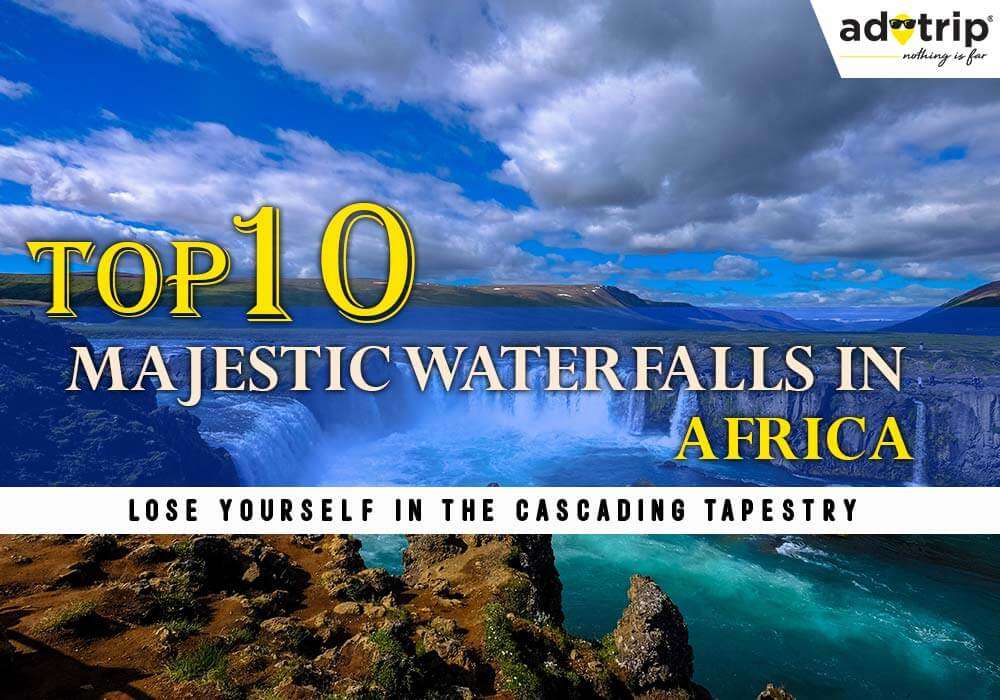
Last Updated At: 02-Apr-2024
Top 10 Waterfalls In Africa | Exploring The Natural Wonders
Africa is a continent of awe-inspiring natural beauty, and its waterfalls are no exception. These cascading wonders captivate the eye and symbolise life for the people of Africa. With their eternal flow, thunderous roars, and mesmerising power, these waterfalls in Africa have become a source of inspiration and draw tourists worldwide.
List Of Africa's 10 Most Amazing Waterfalls
- Victoria Falls | Majestic Cascade Wonder
- Tugela Falls | Drakensberg's Misty Marvel
- Kongou Falls | Congo River Spectacle
- Kalambo Falls | Tanzanian Tumbling Majesty
- Ouzoud Falls | Moroccan Oasis Cascade
- Lumangwe Falls | Zambian Hidden Gem
- Owa Falls | Nigerian Rainforest Delight
- Wli Waterfall | Ghanaian Jungle Marvel
- Blue Nile Falls | Ethiopian Torrential Beauty
- Lofoi Falls | Angolan Rainforest Jewel
1. Victoria Falls | Majestic Cascade Wonder
Victoria Falls is undoubtedly Africa's most famous waterfall and a must-see for a traveller. Located on the border between Zimbabwe and Zambia, this natural wonder is considered one of the Seven Natural Wonders of the World and a UNESCO World Heritage site. Victoria Falls in Africa boasts the largest volume of falling water, with over 5 million cubic meters cascading down every minute during peak season.
- Width: 1708 meters
- Height: 108 meters
- Located on the border between Zimbabwe and Zambia
2. Tugela Falls | Drakensberg's Misty Marvel
Flowing from the lofty heights of the Drakensberg Mountains, Tugela Falls is the tallest waterfall in Africa. It boasts a staggering 411 meters of uninterrupted water drop, making it the world's tenth-largest waterfall. Located in South Africa's Royal Natal National Park, Tugela Falls attracts tourists with its breathtaking beauty and unique features. During the winter season, the upper Tugela Falls has been known to freeze, a rare sight in sunny Africa, drawing hikers to witness this natural phenomenon.
- Total water drop: 948 meters over five levels
- Narrow width of only 15 meters in peak season
- Located in South Africa
3. Kongou Falls | Congo River Spectacle
Kongou Falls, situated in Gabon, is Africa's largest waterfall in width and one of the world's widest. Although its drop is only 56 meters, its width creates a powerful water flow, making it one of the world's most impressive cascades. While the water flow does decrease during droughts, it never completely dries up. During peak season, Kongou Falls showcases a high volume of water flow, creating a drenching spray that amazes visitors.
- Width: 3200 meters
- Located in Gabon
4. Kalambo Falls | Tanzanian Tumbling Majesty
Located on the border between Tanzania and Zambia, Kalambo Falls is the second-highest uninterrupted waterfall in Africa. It drops 235 meters into the Kalambo River before flowing into Lake Tanganyika. This waterfall offers a unique experience as visitors must embark on a 3-4 hour hike up the side of the falls, navigating steep gorges and lush plateaus amidst the spray of the flowing water. One must still check how to reach waterfalls in Africa before starting the journey up the falls.
- Single, uninterrupted drop of 235 meters
- Width of only 1.8-3 meters
- Located on Tanzania/Zambia Border
5. Ouzoud Falls | Moroccan Oasis Cascade
Considered one of the world's most beautiful and romantic waterfalls, Ouzoud Falls is a jewel nestled in the Atlas Mountains of Morocco. The falls cascade over rugged cliffs, dropping 110 meters along the El-Abid River. It is a popular tourist attraction, offering easy access and well-used paths that allow visitors to walk alongside the falls, witnessing their breathtaking beauty and thunderous roars. The area surrounding Ouzoud Falls is teeming with indigenous wildlife, including Barbary apes.
- Height: 110 meters
- Located in Morocco
6. Lumangwe Falls | Zambian Hidden Gem
Located along the Kalungwishi River in Zambia, Lumangwe Falls is the country's largest waterfall during peak season. Despite its size, Lumangwe Falls, one of the best-hidden waterfalls to explore in Africa, often gets mistaken for Victoria Falls due to its volume of water flow, large curtain of water, and saturating spray, even in periods of drought. Surrounded by lush, dense bush, this waterfall is a nature lover's paradise, offering a more personal and private experience than other falls.
- Height: 30-40 meters
- Width: over 160 meters, making it one of the largest
- Located in Zambia
7. Owa Falls | Nigerian Rainforest Delight
Owa Falls, located in Nigeria, is considered the tallest waterfall in West Africa. It cascades down five distinct levels, flowing into an ice-cold pool of water at the bottom. The lush vegetation surrounding the waterfall is home to indigenous wildlife, making it a major tourist attraction. The volume of its roar can be experienced from a distance due to the dense bush and the height from which the water drops. The ice-cold pools beneath the falling water offer a refreshing swimming experience.
- Height: 120 meters
- Nicknamed "Wonder in the wilderness"
- Located in Nigeria
8. Wli Waterfall | Ghanaian Jungle Marvel
Arguably the largest waterfall in West Africa and certainly the largest in Ghana, Wli Waterfall is a natural wonder worth exploring. It consists of two distinct levels: an upper fall and a lower fall. Referred to by the local people as "Agumatsa Falls," meaning "Let me follow," Wli Waterfall offers different experiences for visitors. The lower falls are easily accessible, while the upper falls require a more challenging hike but are one of the top photography spots at African waterfalls.
- Water drop height: 80 meters over two distinct levels
- Located in Ghana
Read more: Things To Do In South Africa
9. Blue Nile Falls | Ethiopian Torrential Beauty
Located on the Blue Nile River in Ethiopia, the Blue Nile Falls, also known as Tis Abay, meaning "great smoke," is captivating. During peak season, the falls stretch over 400 meters wide, earning its reputation as one of Ethiopia's major tourist attractions. The falls play a crucial role in nature conservation, supporting the evolution of endemic species found only in this area. Visitors can witness the incredible spray and explore the unique ecosystem thriving on its sides.
- Water drop height: 52 meters
- Width: over 400 meters during peak season
- Located in Ethiopia
10. Lofoi Falls | Angolan Rainforest Jewel
Lofoi Falls, located in the Democratic Republic of Congo, is one of Central Africa's largest and most beautiful at the best time to visit African waterfalls. It boasts an unbroken water drop of 340 meters from its peak, making it a popular destination for adventure-seeking tourists. Visitors even have the opportunity to camp at the peak, enjoying spectacular views and immersing themselves in the surrounding nature. The water flow is seasonal, with significantly higher levels during peak season, creating a dense spray that adds to the falls' grandeur.
- Height: 340 meters
- Located in the Democratic Republic of Congo,
Read More: Famous Festivals Of South Africa
Africa's waterfalls will leave you in awe and provide memories that last a lifetime. So, add these stunning waterfalls to your travel bucket list, pick the best African waterfall tour packages and embark on a journey to witness the beauty of Africa's cascading wonders.
Adotrip is your ideal travel partner, meticulously curating impeccable travel plans for destinations like Africa. With seasoned advice, local knowledge, and effortless booking facilities, Adotrip guarantees a personalised itinerary that matches your desires. Explore the world with assurance, as every aspect is skillfully organised for a remarkable voyage.
With us, nothing is far!
Book Africa Tour Packages
Frequently Asked Questions About Waterfalls In Africa
Q1. Where can I find breathtaking waterfalls to visit in various African countries?
A1. Africa boasts a variety of stunning waterfalls. Some notable ones include Victoria Falls in Zambia/Zimbabwe, Tugela Falls in South Africa, Blue Nile Falls in Ethiopia, and Ouzoud Falls in Morocco. Each offers a unique experience, so research the location you're interested in for more details.
Q2. Can you recommend any national parks or protected areas that feature iconic waterfalls?
A2. Many national parks and protected areas in Africa showcase iconic waterfalls. For example, you can visit Blyde River Canyon Nature Reserve in South Africa for the Lisbon Falls and Bourke's Luck Potholes or Aberdare National Park in Kenya for Karuru Falls. Each park offers a chance to combine waterfall viewing with wildlife and natural beauty.
Q3. How do the waterfalls in Africa compare to other renowned waterfalls worldwide?
A3. African waterfalls, like Victoria Falls, are among the largest and most spectacular in the world. They often combine impressive height and width, creating breathtaking scenery. While they may not be as famous as other waterfalls globally, they offer a unique and memorable experience.
Q4. Are there any cultural or historical connections to these waterfalls in Africa?
A4. Yes, many African waterfalls have cultural and historical significance. Victoria Falls, for instance, is considered sacred by some local tribes. These waterfalls often play a role in indigenous folklore and rituals, adding to their cultural importance.
Q5. What geological factors contribute to waterfall formation in different regions of the continent?
A5. Waterfall formation in Africa is influenced by geological factors such as the underlying rock formations, fault lines, and river erosion. For example, Victoria Falls was formed as the Zambezi River eroded the soft Kalahari sandstone over millions of years.
Q6. Can you provide information about the significance of these waterfalls to local communities?
A6. Waterfalls often hold cultural, economic, and spiritual significance for local communities. They can be a source of tourism income, and in some cases, they are considered sacred or important in local mythology. The communities around these waterfalls often have a deep connection to them.
Q7. How can I learn about the ecosystems, plant life, and wildlife around African waterfalls?
A7. To learn about the ecosystems and wildlife around African waterfalls, you can visit local visitor centres, take guided tours, or consult with park rangers. Many national parks and protected areas have educational programmes and materials to help visitors understand the unique ecosystems and biodiversity in the area.
Q8. Are there any guided tours or adventure experiences focused on African waterfall exploration?
A8. Yes, guided tours and adventure experiences are available for exploring African waterfalls. Tour operators in the respective regions often offer packages that include waterfall visits, hikes, and other activities. Research and book with reputable tour providers for the best experience.
Q9. What are the best times of year to visit waterfalls in various African countries?
A9. The best time to visit African waterfalls can vary by region and specific waterfall. The dry season, typically from May to October, is a good time to visit as water levels are lower, offering better visibility and access. However, the wet season, from November to April, can provide a more impressive water flow display.
Q10. Can you recommend nearby attractions or landmarks to complement a waterfall visit in Africa?
A10. There are often other attractions and landmarks near African waterfalls. For example, near Victoria Falls, you can visit the Zambezi National Park for wildlife viewing or take a sunset cruise on the Zambezi River. In South Africa, you can explore Kruger National Park when visiting nearby waterfalls. Research the specific location you plan to visit for additional attractions and activities in the vicinity.
--- Published By Adotrip
Latest Blogs
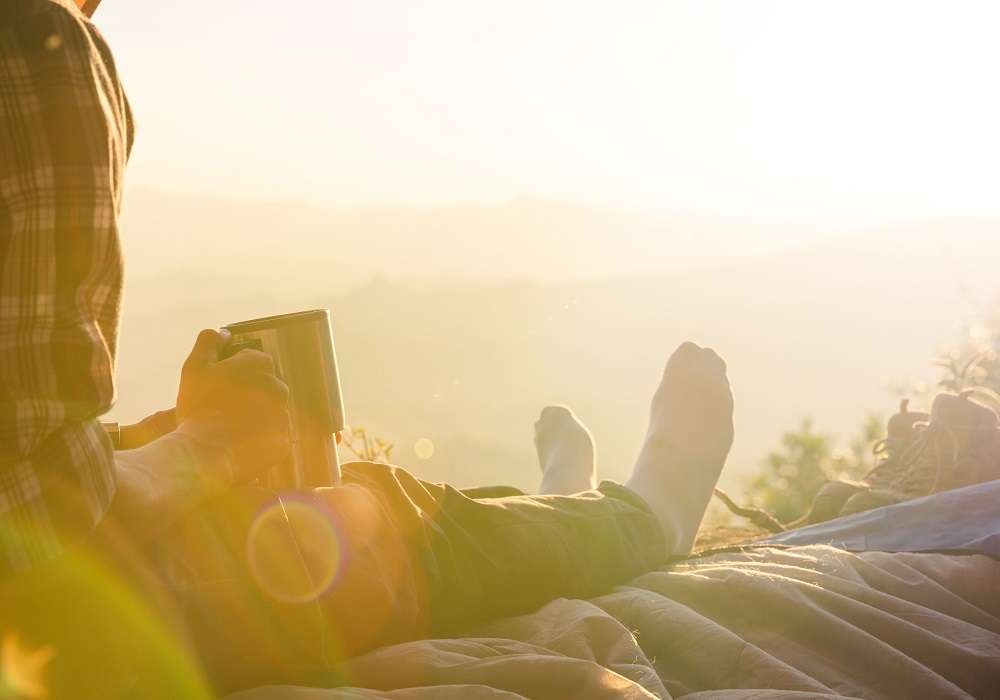
Long Weekends In India 2025 - List of Holidays
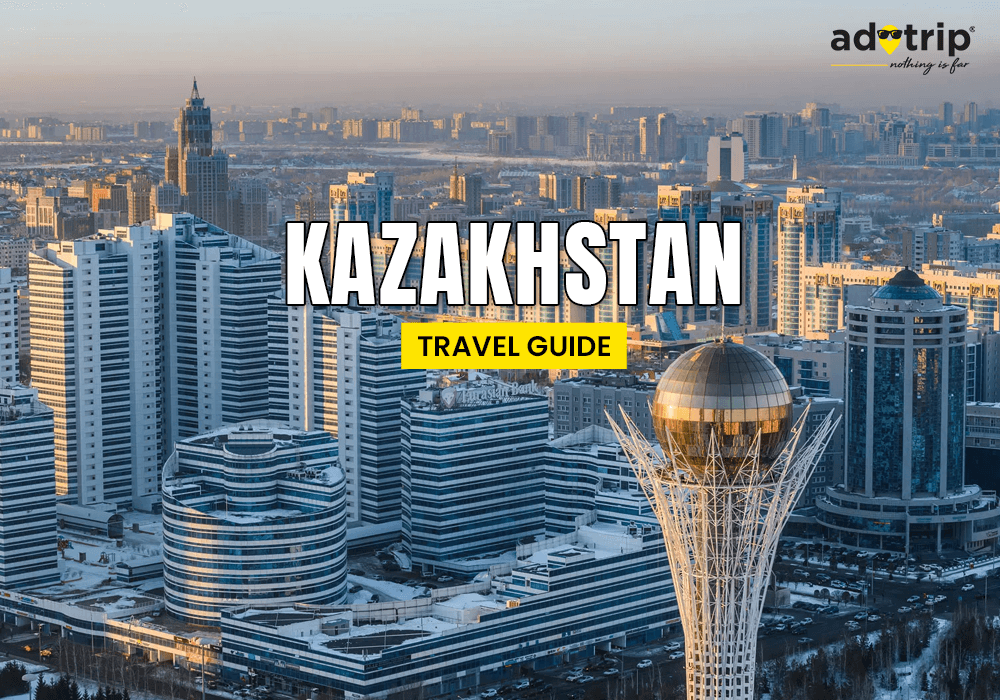
Kazakhstan Travel Guide 2025: Affordable Luxury, Visa Free E...
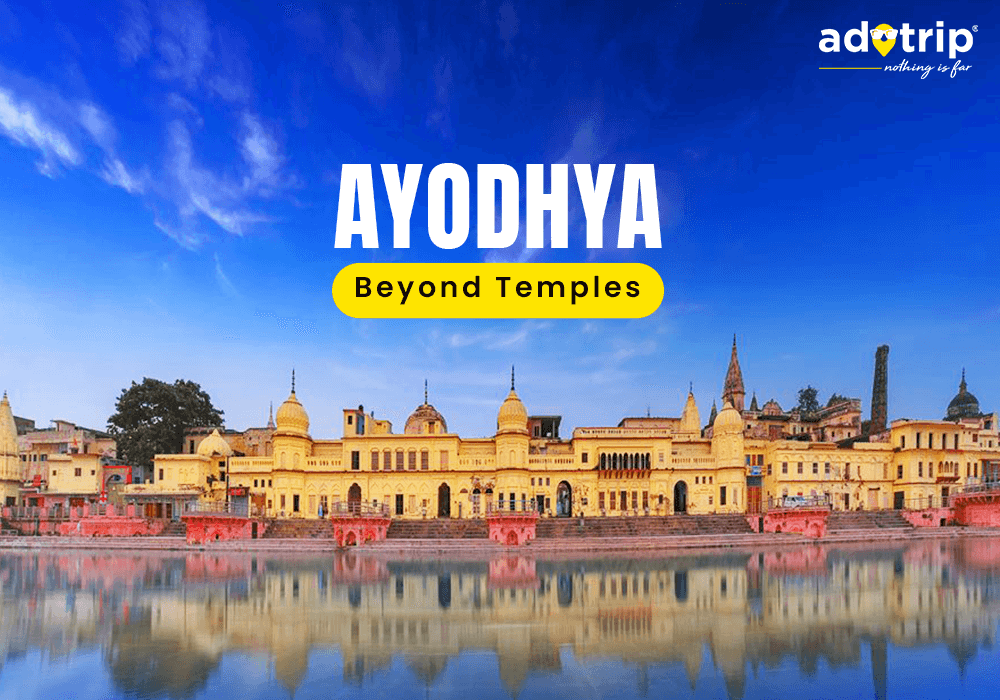
Think Ayodhya is Just Temples? Discover Its Hidden Artistic...
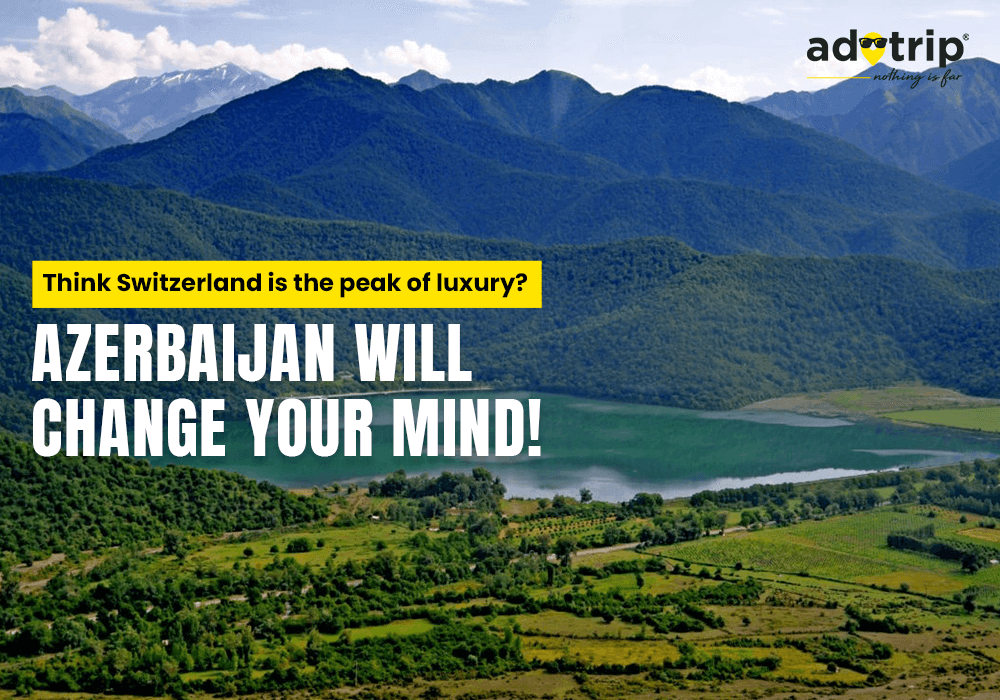
Why Azerbaijan is the Best Budget Friendly Alternative to Sw...
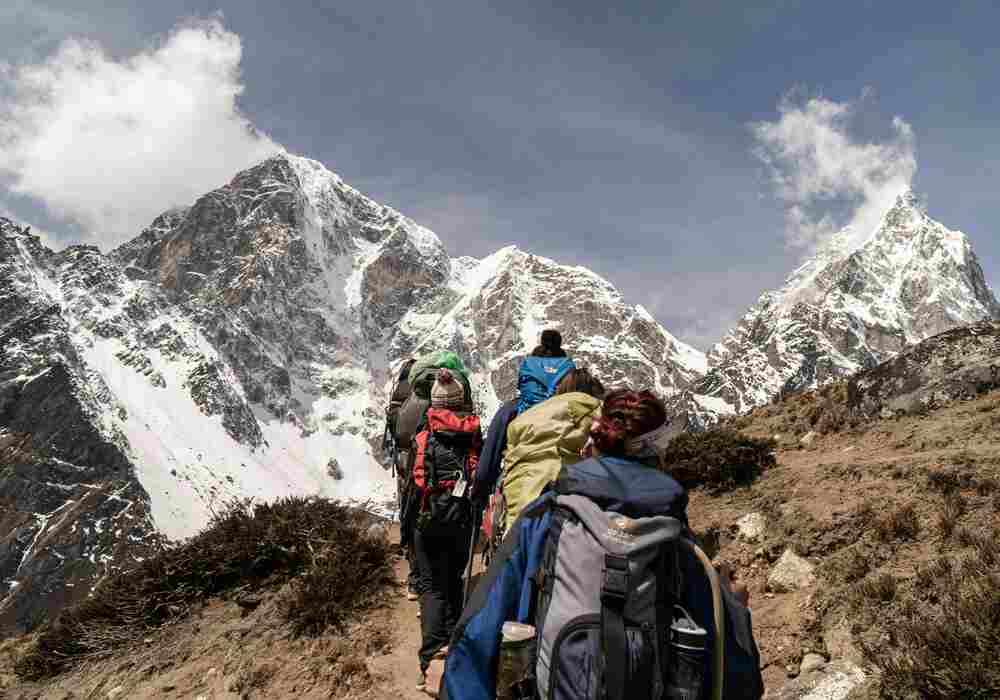


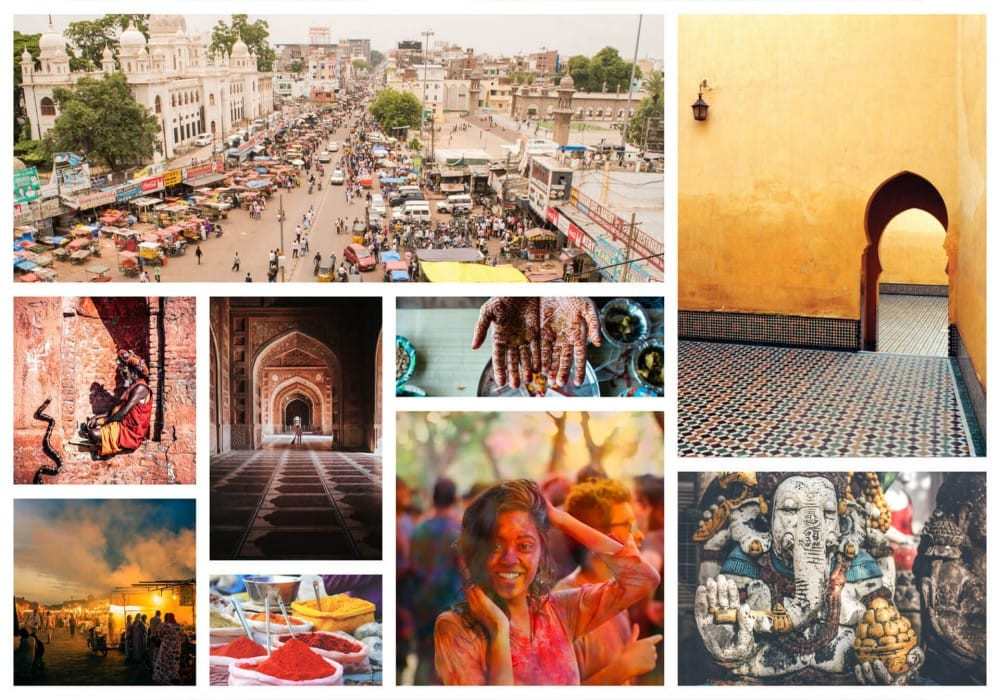
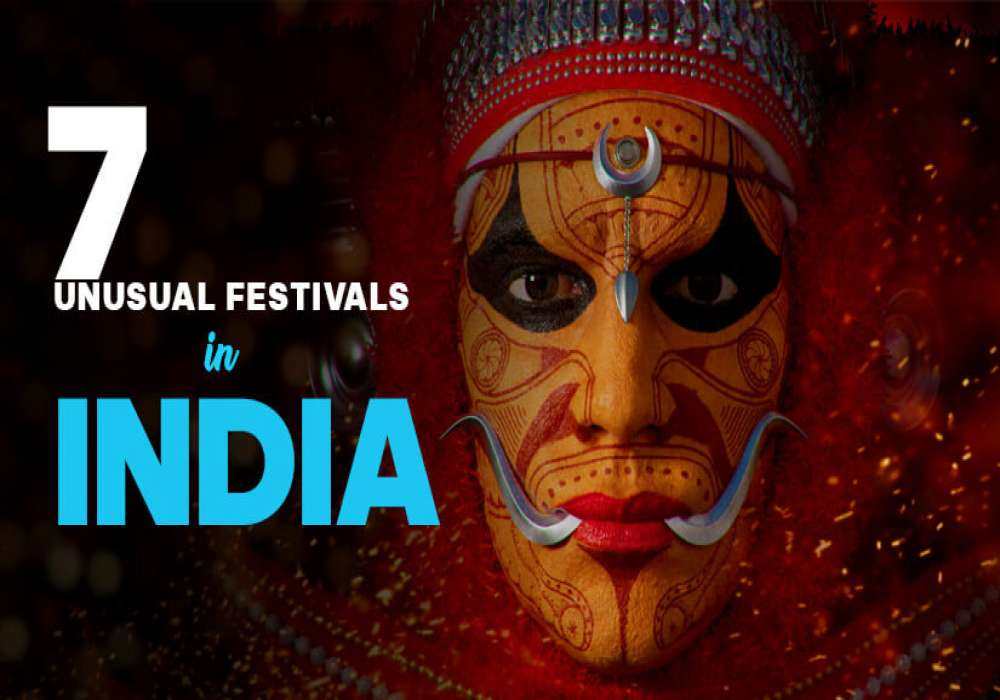
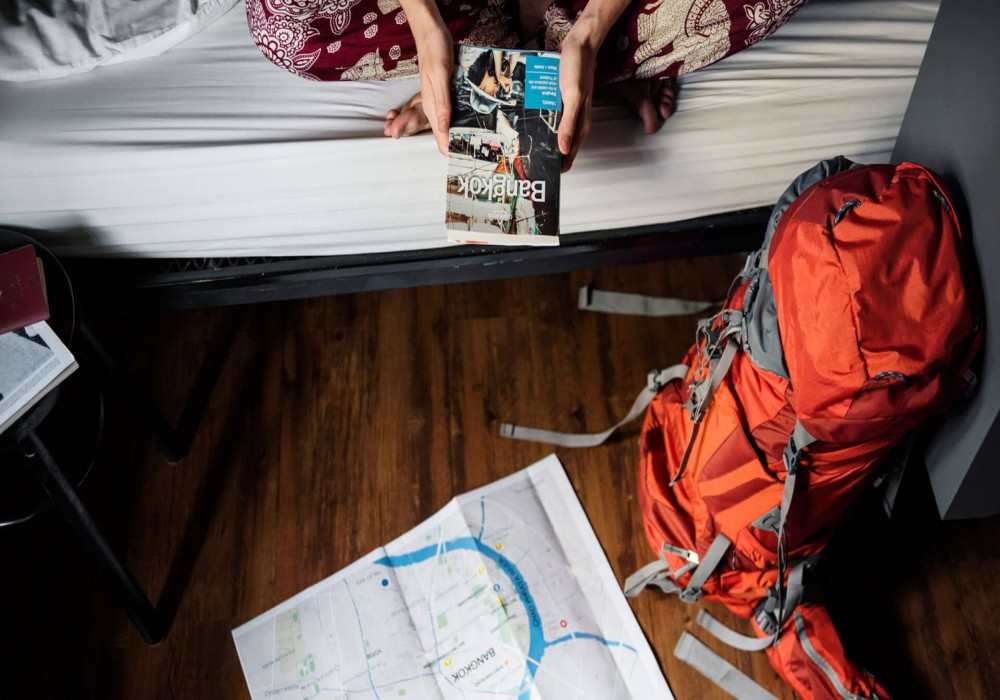

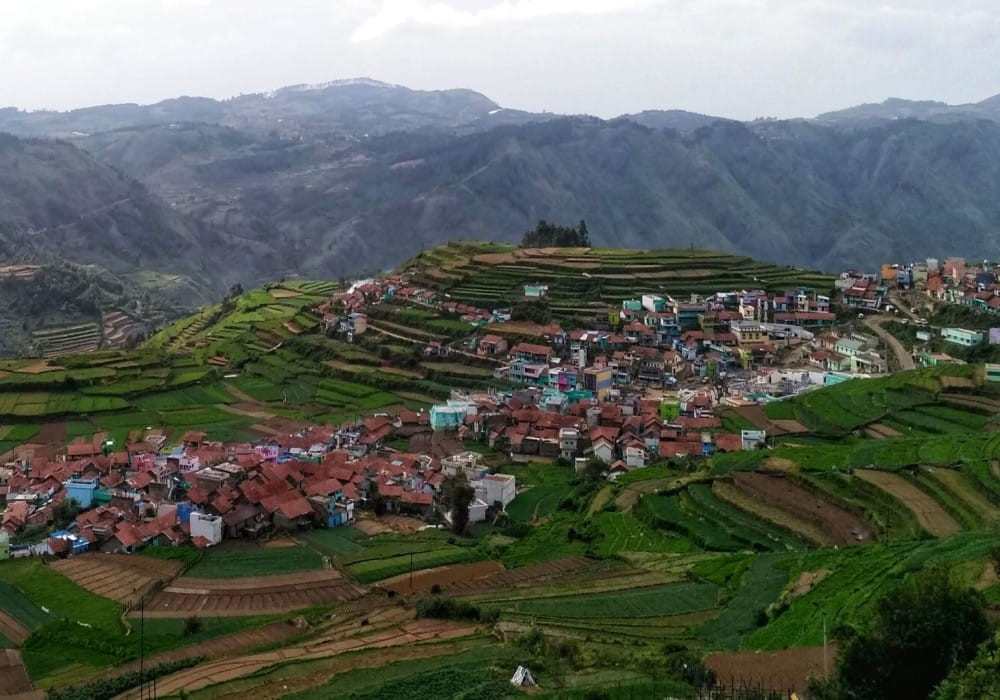

.JPG)

 (1).jpg)

 Dubai
Dubai Malaysia
Malaysia USA
USA





